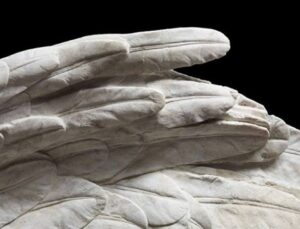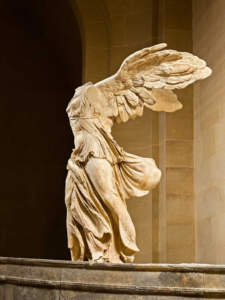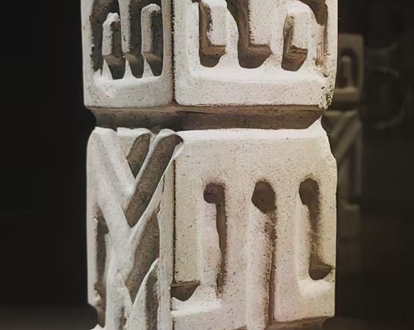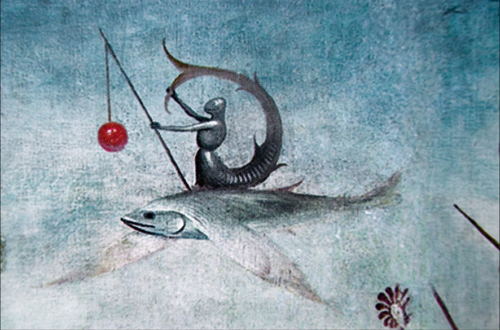Relational and Social Constructionist Consortium of Ecuador (IRYSE)
Diego Tapia Figueroa, Ph.D. and Maritza Crespo Balderrama, M.A
.

Preparing Other Cycles
Today begins a countdown to an uncertain point.
This blog, which we started in January 2018, has walked and still walks with the curiosity to ask incessant questions, and to promote the intelligence of dialogue. However, it seems to us that in a few more months -if we continue for a few more months- it will be time to occupy ourselves with publishing what we have modestly published biweekly, since January 2018, without skipping a biweekly commitment. It is time to dedicate that energy to other searches, conscious that, perhaps, only a few of us will notice its absence or difference.
This blog has proposed positions, perspectives, and points of view, above all, about therapeutic processes from social/relational constructionism, relational ethics, radical presence, generative dialogue, and collaboration. With respect, creativity, and imagination, with critical reflections, with questions upon questions, with the desire to know, understand, narrate, contribute something useful, and transform. We have tried to disseminate the significant ideas and concepts, the theory and practice of the most important representatives of these philosophies, epistemologies, and relational worldviews.
We have also tentatively proposed reflections from this local culture, this society, and this historical moment, in this country—Ecuador. We try to invite others to relate with respect, curiosity, understanding, and acceptance, with all those who wish to commit themselves to this transformative dialogue called therapy.
With an emphasis on human rights, in favor of the cause of children and adolescents, in favor of respect for the rights of women and the most vulnerable in this society where cruelty and injustice are the norm, we invite others to build different relationships, to mobilize hope and dignity.
Later, we added other sections to the main one, which deals with issues of therapeutic processes from these dialogical-relational positions. There is material that we consider valuable in each section: «Art and Literature»; “Concepts, Ideas, and Phrases”; “Highlights” —the published articles translated into English; and “Gallery,” with original photos.
We would like to invite you—if you have the time and curiosity—to take a journey through what we have published over the years and continue to publish. Perhaps some topic, subject, title, author, or reflection might speak to you, others, and us: something with meaning that can contribute, challenge, enrich, open dialogues, and create possibilities.
Well, the challenges to continue consistently, from reflective pragmatics, from a paradigm of complexity, remain as daily questions. These words, written on the blog as if inside a bottle thrown into the ocean, will reach intelligent people in this journey plagued by uncertainty. They will take from it what contributes to them, what is useful, and what serves them, and what doesn’t, won’t. From new places and times, freedom is an affirmative and responsible response, at the moment, trusting in dialogue, in the relation, which is language turned into questions, so that something new is born, with joy.
We will meet here in 15 days.

Rainer Maria Rilke saw in this composition «… an everlasting recreation of the Greek wind in its vastness and grandeur… a wonder and a whole world: here is Greece, the sea, the light, the courage and the victory.»
English translation by Bruno Tapia Naranjo.



